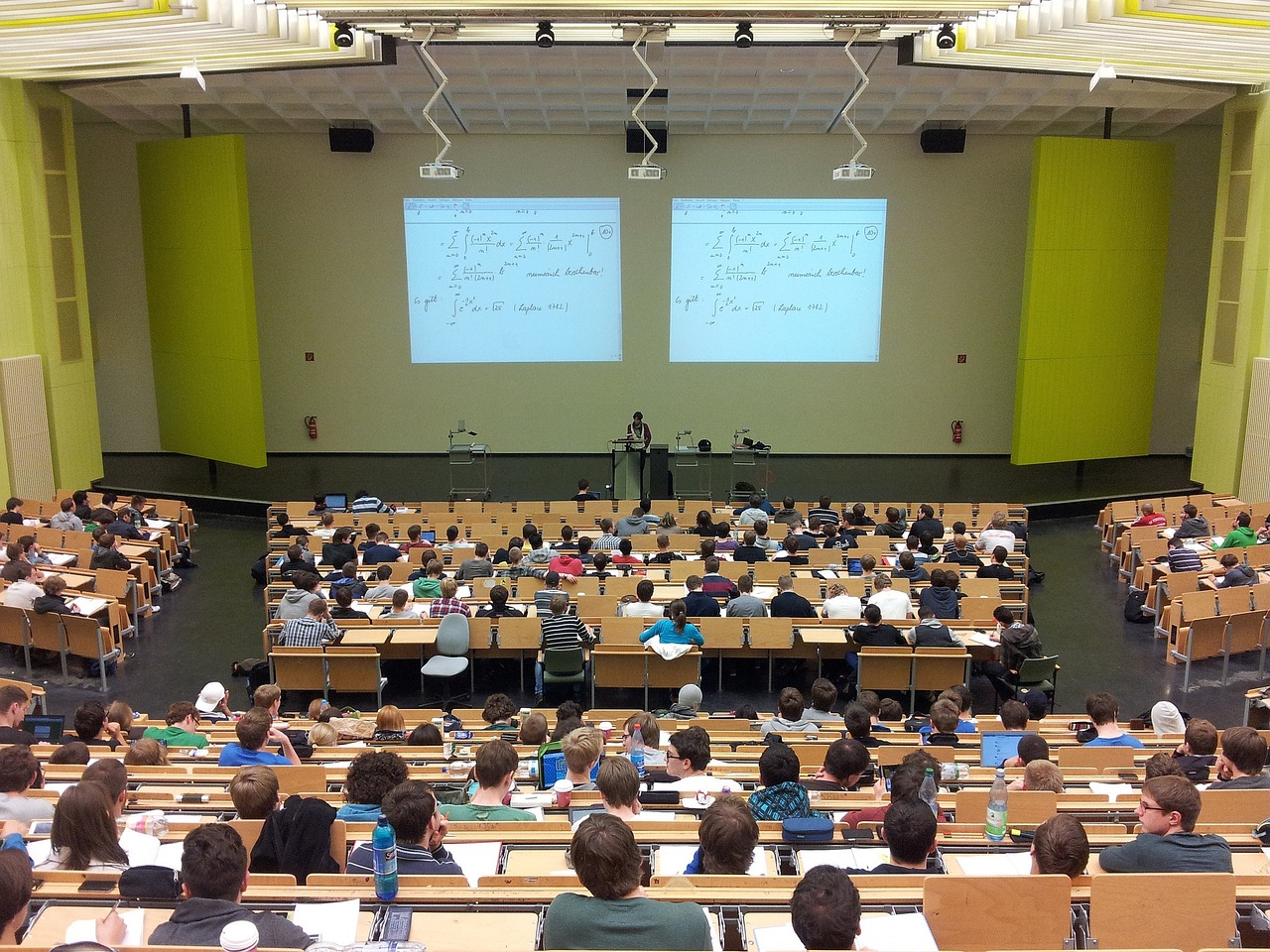It is a known fact the world over that students forms the backbone and an important investment and prospect in any Country’s future economy well beign and development and their overall performance and phychological state while studying would determine to a large extent their grades as well as how they fare later on in life, either in the job market, as government workers or business owners.
Third-level students in Ireland face a variety of challenges and hardships that not only impact on their academic experience and overall well-being but also make them sometimes bitter and dejected with some having to hold several jobs or work long hours in order to survive with no respite in sight.
The people of Ireland, students inclusive has at one time or the other over the years called for the Government to step up with more funding and easily accessible financial aid, more physchological and adequate regulated housing programs to cater for these important segment of the society but it is regretable that not much has been forthcoming so far, we hope that those in position to effect the changes needed to alleviate these issues would take note and do something speedily to resolve.
It is understandable that this is not a situation that happened in an instance but as a result of years of policies that are not geared to keep up with student needs, but if the government acknowledge these issues and choose to start making changes gradually, it would be able to achieve quite a lot in a relatively short period of time and hopefully turn things around for the better.
Here are some of the key issues:
1. Financial Pressures
- Tuition Fees: While Ireland has a relatively low fee structure compared to other countries, many students still struggle to afford tuition and related costs, especially in light of rising living expenses.
- Cost of Living: The cost of accommodation, food, and transportation has increased significantly, particularly in urban areas like Dublin, putting additional financial strain on students.
- Student Debt: Many students rely on loans to finance their education, leading to concerns about long-term debt and financial security after graduation.
2. Housing Shortages
- Accommodation Availability: The demand for student accommodation often exceeds supply, making it difficult for students to find suitable and affordable housing.
- Rising Rents: Even when accommodation is available, rent prices have surged, forcing students into shared living situations or longer commutes, which can affect their academic performance and well-being.
3. Academic Pressure
- High Expectations: Many students experience pressure to achieve high grades, which can lead to stress and anxiety. The competitive nature of some programs can exacerbate these feelings.
- Workload: Balancing coursework, assignments, and exams can be overwhelming, particularly for those managing part-time jobs alongside their studies.
4. Mental Health Issues
- Anxiety and Depression: A significant number of students report mental health challenges, which can be exacerbated by financial stress, academic pressure, and isolation.
- Access to Support Services: While many institutions offer counseling services, there can be long wait times for appointments, limiting access to necessary support.
5. Social Isolation
- Transition to College Life: For many students, moving away from home and adjusting to a new environment can be difficult, leading to feelings of loneliness or homesickness.
- Campus Life: Participation in extracurricular activities and social events can be hampered by financial constraints or time limitations, reducing opportunities for social engagement.
6. Work-Life Balance
- Part-Time Employment: Many students work part-time to support themselves, which can lead to challenges in managing time effectively between work and studies.
- Burnout: The demands of balancing work and academic responsibilities can lead to exhaustion and burnout, affecting both physical and mental health.
7. Access to Resources
- Digital Divide: Not all students have equal access to technology or reliable internet, which can hinder their ability to participate in online learning or complete assignments.
- Library and Study Facilities: Limited access to study spaces, especially during peak times, can impact students’ ability to prepare for exams and complete coursework effectively.
8. Career Uncertainty
- Job Market Concerns: With the job market fluctuating, students often worry about their employability post-graduation and the relevance of their degree in securing a job.
- Internship Opportunities: Gaining practical experience through internships can be competitive and may require additional financial investment.
Conclusion
The challenges facing third-level students in Ireland are multifaceted and require attention from educational institutions, policymakers, and support organizations. Addressing these issues—ranging from financial pressures and housing shortages to mental health support—can significantly enhance the student experience and help foster a more supportive academic environment. By understanding and responding to these hardships, stakeholders can work towards creating a more equitable and sustainable future for all students in Ireland.



